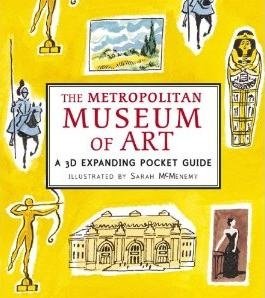 Patio from the Castle of Vélez Blanco
Patio from the Castle of Vélez Blanco
Patio from the Castle of Vélez Blanco is a 1510s marble patio; an example of Spanish Renaissance architecture. It is in the collection of the Metropolitan Museum of Art. It was originally part of the Castillo de Vélez-Blanco in Vélez-Blanco, Andalusia, Spain. The patio now serves as the entrance of the museum's Thomas J. Watson Library and to showcase the museum's Italian Renaissance statues.
維雷斯·布蘭科城堡(Castle ofVélezBlanco)的天井是1510年代的大理石天井。西班牙文藝復興時期建築的典範。它在大都會藝術博物館的收藏中。它最初是西班牙安達盧西亞自治區貝萊斯-夫蘭科的卡斯蒂略·德·維雷斯-布蘭科的一部分。
Early history and creation
The patio was built from 1506 to 1515 for the Governor of Murcia, Pedro Fajardo, 1st Marquis of los Vélez, as part of the Castillo de Vélez-Blanco in Vélez-Blanco, Andalusia. It was crafted out of marble of Macael by Northern Italian sculptors and artisans. After political unrest in Spain, the castle was abandoned by the early 19th century. In 1904, the castle's owners removed and sold the entire patio to a Parisian dealer, whereupon it was transported to Paris.
Later history and display
George and Florence Meyer Blumenthal purchased the patio in 1913 and initially used it as a centerpiece for their private house on Park Avenue in Manhattan. It remained there until he gifted the patio to the Metropolitan Museum of Art on the year of his death (1941), also during his tenure as president of the museum. In 1945, the patio was removed and shipped in blocks to the Met; Blumenthal's house was subsequently razed. The patio was moved into museum storage and remained there until around 1963. At that time, Olga Raggio undertook a five-year research study of the patio, and reconstructed and installed it in the museum in 1964. During the reconstruction, Raggio had two arches and other more modern elements from Blumenthal's ownership removed.
The patio now serves as the entrance of the museum's Thomas J. Watson Library and to showcase the museum's Italian Renaissance statues.





 留言列表
留言列表
 {{ article.title }}
{{ article.title }}